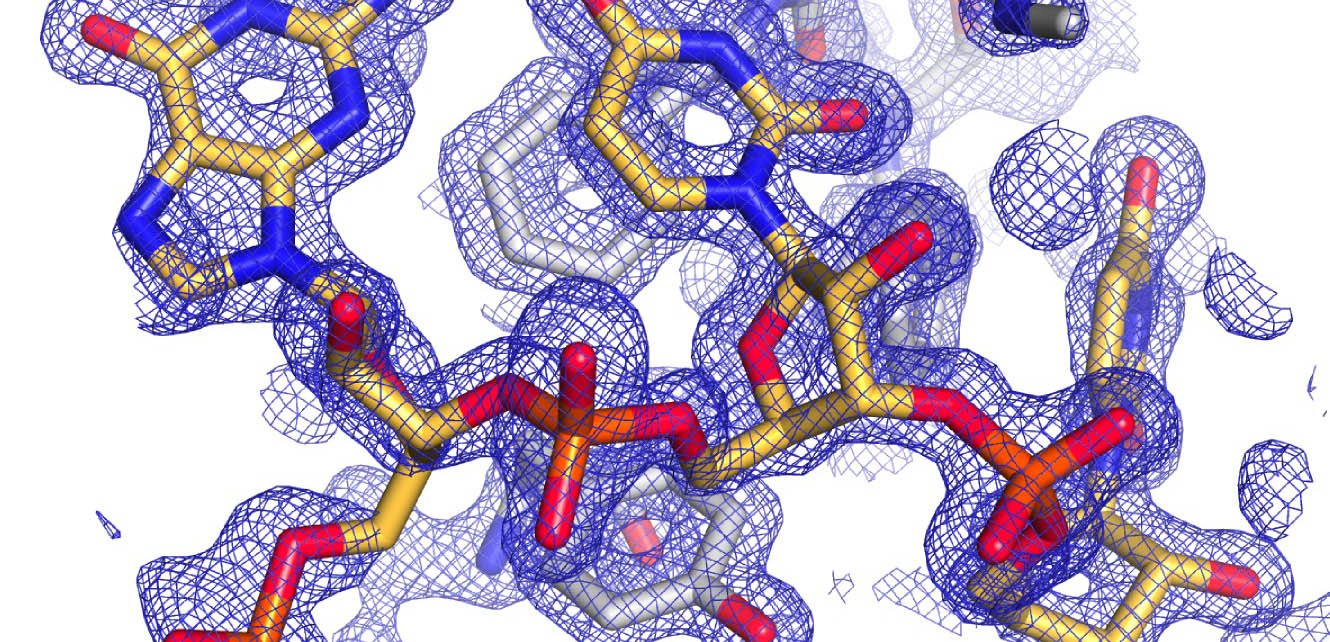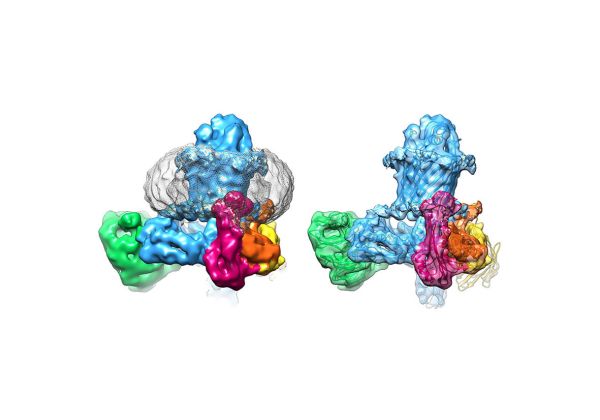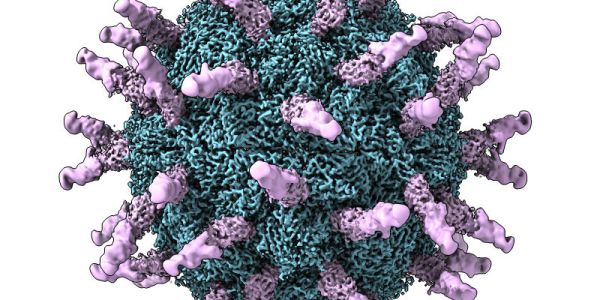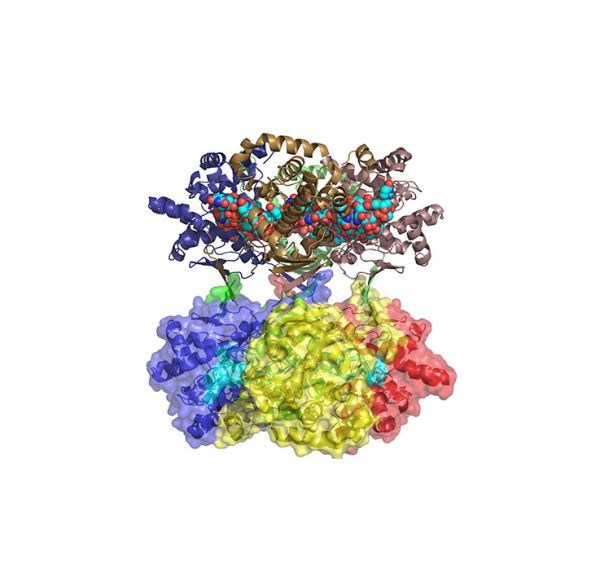Structural Biology

- Faculty of Biological Sciences
- Research and innovation
- Our research
- Structural Biology
Structural Biology
Our research
The structure of biological molecules and the complexes they form underpins most biological function. Therefore, structural biology is a key tool in modern biological discovery. We want to understand the structures of biomolecules such as proteins, nucleic acids, carbohydrates and lipids, and the complexes they form. Structural biology also encompasses understanding how those structures move, and incorporates the principles of molecular biology, biochemistry biophysics, modelling and simulation.
Postdoctoral Researchers in Structural Biology
Research themes
Proteostasis
Proteins perform a vast array of functions, underpinning every aspect of biology. Research in proteostasis seeks to understand the lifecycle of protein molecules: how they are made, folded, and degraded, and how disease results when these processes go wrong.
More on ProteostasisStructural Virology
Viruses are obligate parasites that infect hosts in all kingdoms of life. Understanding the structure of viruses, viral proteins, and the complexes they form with host proteins is therefore critical in human and animal health, and in food security.
More on Structural VirologyMacromolecular Complexes
Researchers in Leeds are working to understand the structure and function of a diverse array of macromolecular complexes, including those involved in metabolism, transport, and antimicrobial resistance.
More on Macromolecular ComplexesSignaling and Cancer
A major interest of researchers in Leeds is to understand cellular signaling – the basic processes and communication that underpins normal cellular function – and how these signaling pathways become deranged in disease, especially cancer.
More on Signaling and CancerResearch facilities
Cryo-Electron Microscopy
An essential tool in modern biology equipped with state-of-the-art microscopes for both scanning and transmission EM of ambient and cryogenicaly prepared samples.
More on Cryo-Electron MicroscopyMass Spectrometry
Biomolecular MS analysis is supported by state-of-the-art instruments:- five Synapt HDMS / NanoMate instruments with in-built ion mobility and MS/MS capabilities including high-mass modifications and custom ETD and SID fragmentation modules.
More on Mass SpectrometryAffimer Screening
The Bioscreening Technology Screening Group (BTSG) provides a collaborative approach to generating Affimer reagents to academics, clinicians and industrial partners.
More on Affimer ScreeningX-Ray Crystallography
The University of Leeds has historically been strong in the area of X-ray crystallography and external investment has provided funding for an in-house X-ray set (high flux MicroMax007 microfocus rotating anode generator with VariMax optics and Raxis4++ detector and cryostream).
Biomolecular Interactions
A wide range of techniques are available to analyse and quantify the interactions of biomolecules and their function (ranging from analytical centrifugation (two Beckman XLI instruments) to calorimetry (MicroCal iTC200 and DSC), SPR and thermophoresis).





